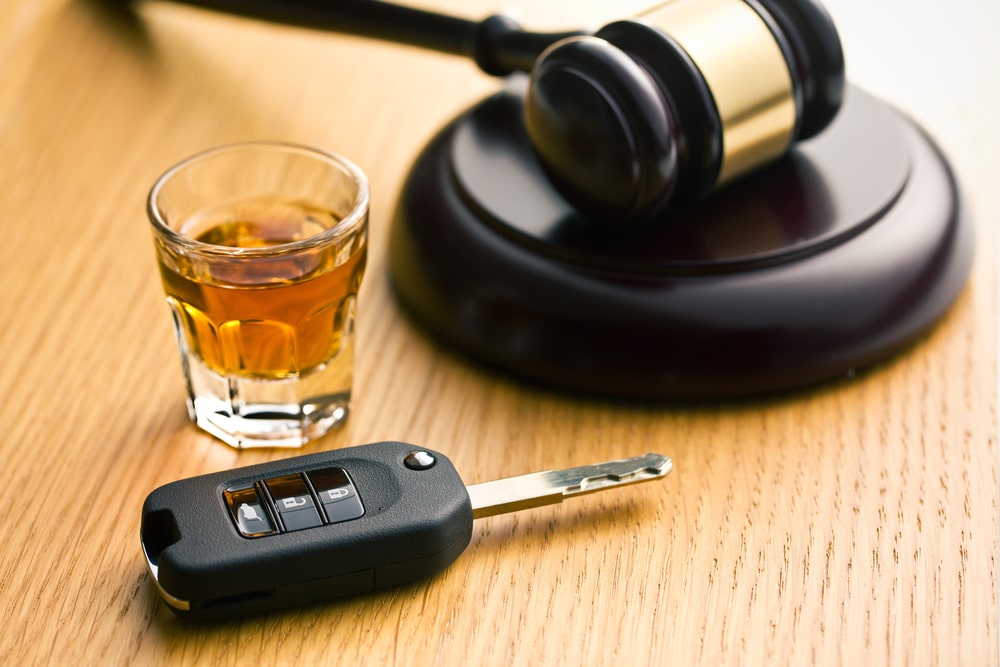Defending Against DWI Field Sobriety Tests

Driving While Impaired (DWI) charges can have serious consequences, affecting your freedom, finances, and future. One of the key components in building a DWI case against a driver is the use of Field Sobriety Tests (FSTs). These tests are designed to assess a driver’s physical and cognitive abilities to determine impairment. However, there are many factors that can affect the outcome of these tests, and knowing how to defend against them can make a significant difference in the outcome of your case. This blog post will explore the types of FSTs, their reliability, and possible defenses against them.
Types Of Field Sobriety Tests
Field Sobriety Tests are standardized tests used by law enforcement officers to evaluate a driver’s impairment. The three most commonly administered tests, approved by the National Highway Traffic Safety Administration (NHTSA), are:
- Horizontal Gaze Nystagmus (HGN) Test:
- This test involves following a small object, such as a pen or flashlight, with the eyes. The officer looks for involuntary jerking of the eyes, which can indicate intoxication.
- Walk-and-Turn Test:
- The driver is asked to take nine steps along a straight line, turn on one foot, and return in the same manner. The officer looks for signs of imbalance, incorrect number of steps, or failure to follow instructions.
- One-Leg Stand Test:
- The driver must stand on one leg and count aloud for 30 seconds. Signs of impairment include swaying, using arms for balance, hopping, or putting the foot down.
Reliability Of Field Sobriety Tests
While FSTs are widely used, their reliability and accuracy can be questioned. Several factors can affect the results of these tests:
- Physical Conditions:
- Medical conditions such as inner ear problems, neurological issues, or injuries can affect balance and coordination, leading to false positives.
- Environmental Factors:
- Poor lighting, uneven surfaces, bad weather, or distracting environments can impact performance on FSTs.
- Officer Error:
- Incorrect administration or interpretation of the tests by the officer can result in inaccurate conclusions.
Defending Against Field Sobriety Test Results
Challenging the results of FSTs is a crucial part of defending against a DWI charge. Here are some common defenses:
- Medical and Physical Conditions:
- Providing medical records or expert testimony to explain how a specific condition could have influenced the test results.
- Environmental Factors:
- Documenting the conditions at the testing location, such as uneven pavement, poor lighting, or adverse weather conditions, can help argue that the tests were unreliable.
- Improper Test Administration:
- Demonstrating that the officer did not follow the proper procedures or gave unclear instructions can cast doubt on the validity of the test results.
- Bias and Subjectivity:
- Highlighting the subjective nature of the officer’s observations and the potential for bias can undermine the credibility of the test results.
How Legal Representation Can Benefit You
If you are facing a DWI charge based on FST results, it is crucial to seek the help of an experienced DWI attorney. A knowledgeable lawyer can:
- Analyze Evidence: Scrutinize the details of the FST administration and identify weaknesses or errors.
- Challenge the Tests: File motions to suppress evidence if the FSTs were administered improperly or under questionable conditions.
- Negotiate with Prosecutors: Work to reduce charges or secure a favorable plea deal based on the weaknesses in the evidence.
- Represent in Court: Present a robust defense, cross-examining the officer and presenting evidence to challenge the reliability of the FSTs.
Field Sobriety Tests are a critical component of many DWI cases, but their accuracy and reliability can be challenged. Understanding the factors that can affect FST results and knowing how to defend against them can significantly impact the outcome of your case. If you are facing DWI charges, seek the assistance of an experienced DWI attorney like those at Garrett, Walker, Aycoth & Olson, Attorneys at Law who can help you navigate the complexities of your defense and work towards the best possible outcome.
Note: The information provided in this blog post about injury car accidents in Los Angeles is for general informational purposes only and should not be considered legal advice.
Disclaimer: No attorney-client relationship is established by accessing or using this information. Readers should consult with a qualified attorney for advice specific to their situation. The authors make no representations regarding the accuracy or suitability of the information provided and disclaim any liability for reliance on it. Laws and regulations may vary and are subject to change.



